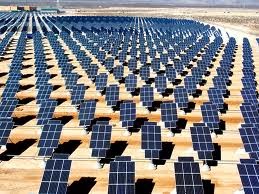Industrialisation and the subsequent explosion of population during the 1800s marked the start of major shortages, and by the turn of the 20th Century about 2% of people experienced 'chronic' water shortage. By 1960, this number had risen to 9% (280 million people) and by 2005 it affected a staggering 35% of the world's population (2.3 billion people).
In some areas, water is becoming as valued as oil and some predict it to be a major source of conflict and war in the 21st Century and beyond. Unfortunately, things may be about to get worse. Recently, research has indicated that climate change will seriously impact water availability and this, when coupled with our rapidly rising population, makes water supply one of the most serious challenges facing human development.






